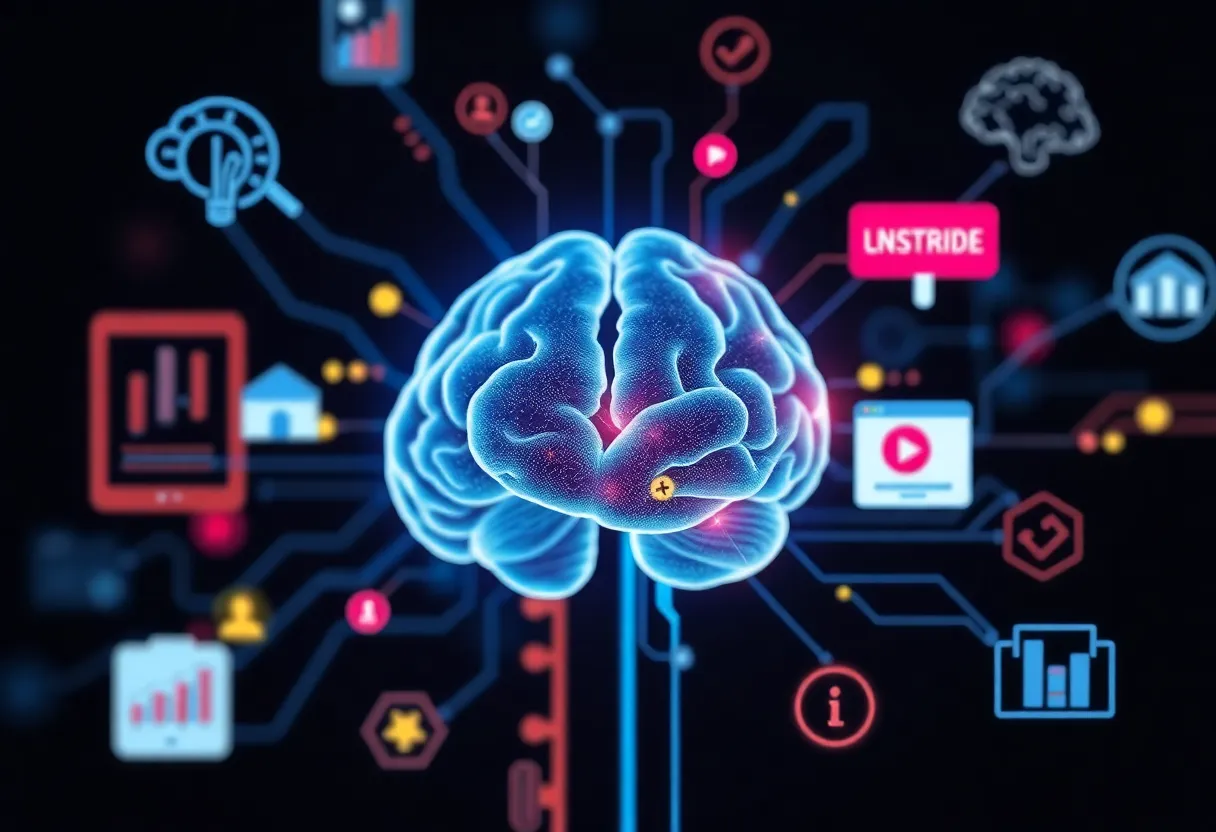

Understanding consumer behavior through neuromarketing techniques.
Want to target the right audience? Sponsor our site and choose your specific industry to connect with a relevant audience.
Prominent brand mentions across targeted, industry-focused articles
High-visibility placements that speak directly to an engaged local audience
Guaranteed coverage that maximizes exposure and reinforces your brand presence
Interested in seeing what sponsored content looks like on our platform?
May’s Roofing & Contracting
Forwal Construction
NSC Clips
Real Internet Sales
Suited
Florida4Golf
Click the button below to sponsor our articles:
Sponsor Our ArticlesNeuromarketing merges neuroscience and marketing to understand consumer behavior better. It examines how the brain responds to various marketing stimuli, providing insight into how people make purchasing decisions. By studying neural responses, businesses can tailor their strategies to align more closely with consumer preferences.
Understanding the neural mechanisms behind consumer behavior helps marketers create campaigns that resonate more deeply. It allows for the identification of emotional triggers, enabling the crafting of messages that not only inform but also evoke strong emotional responses. This aspect is crucial in creating connections with consumers and driving conversions.
Eye tracking technology observes where potential customers focus their visual attention. This information identifies which elements of an advertisement or website capture attention most effectively.
Using electroencephalography (EEG), marketers can analyze brain waves to understand how consumers emotionally react to different stimuli. This analysis reveals emotional engagement levels in response to marketing messages.
fMRI scans measure brain activity by detecting changes in blood flow. This technique can illustrate which areas of the brain are activated during decision-making processes.
Utilizing data gathered from neural analyses allows businesses to develop highly tailored digital marketing experiences. Marketers can enhance user experience by employing segmentation and personalization.
Emotional marketing leverages the insights gleaned from neuromarketing to craft messages that resonate emotionally with the audience. Leveraging emotional triggers can significantly impact purchasing decisions.
Neuromarketing emphasizes the importance of integrating sensory elements into digital campaigns. This includes visual aesthetics, auditory elements, and even tactile components in the digital realm.
Neuromarketing provides insights into effective design strategies. This knowledge allows digital marketers to create user-friendly interfaces that enhance engagement.
A/B testing is a common practice in digital marketing. By incorporating neuromarketing techniques into A/B testing, marketers can gain deeper insights into consumer reactions.
Conducting longitudinal studies enables marketers to understand shifts in consumer behavior over time. Applying neuromarketing principles to these studies yields a wealth of data on the effectiveness of marketing strategies.
With the rise of neuromarketing, concerns about privacy and consumer manipulation have been raised. Businesses must be transparent about their practices and ensure they uphold ethical standards.
Establishing credibility and trust with consumers is essential. Maintaining open communication about how data is used will foster positive relationships.
Utilizing neuromarketing in digital marketing campaigns presents valuable opportunities for enhancing effectiveness. By applying insights from neuroscience, businesses can create tailored, emotionally resonant marketing experiences that align with consumer preferences. As marketers continue to harness these advanced techniques, fostering trust and ethical considerations will remain paramount for long-term success in the evolving landscape.
News Summary Charleston, South Carolina is experiencing a significant boost in trade relations with Canada,…
News Summary Raleigh, North Carolina, has been recognized as the best-performing large city in the…
News Summary The South Carolina Research Authority (SCRA) has unveiled its new office at the…
News Summary Mount Pleasant is set to welcome the new Crafthouse North, a taphouse with…
News Summary At the 60th annual Governor’s Conference on Travel and Tourism in Spartanburg, South…
News Summary The Charleston Bluegrass Festival returns on March 28-29, 2025, at Woodlands Nature Reserve…